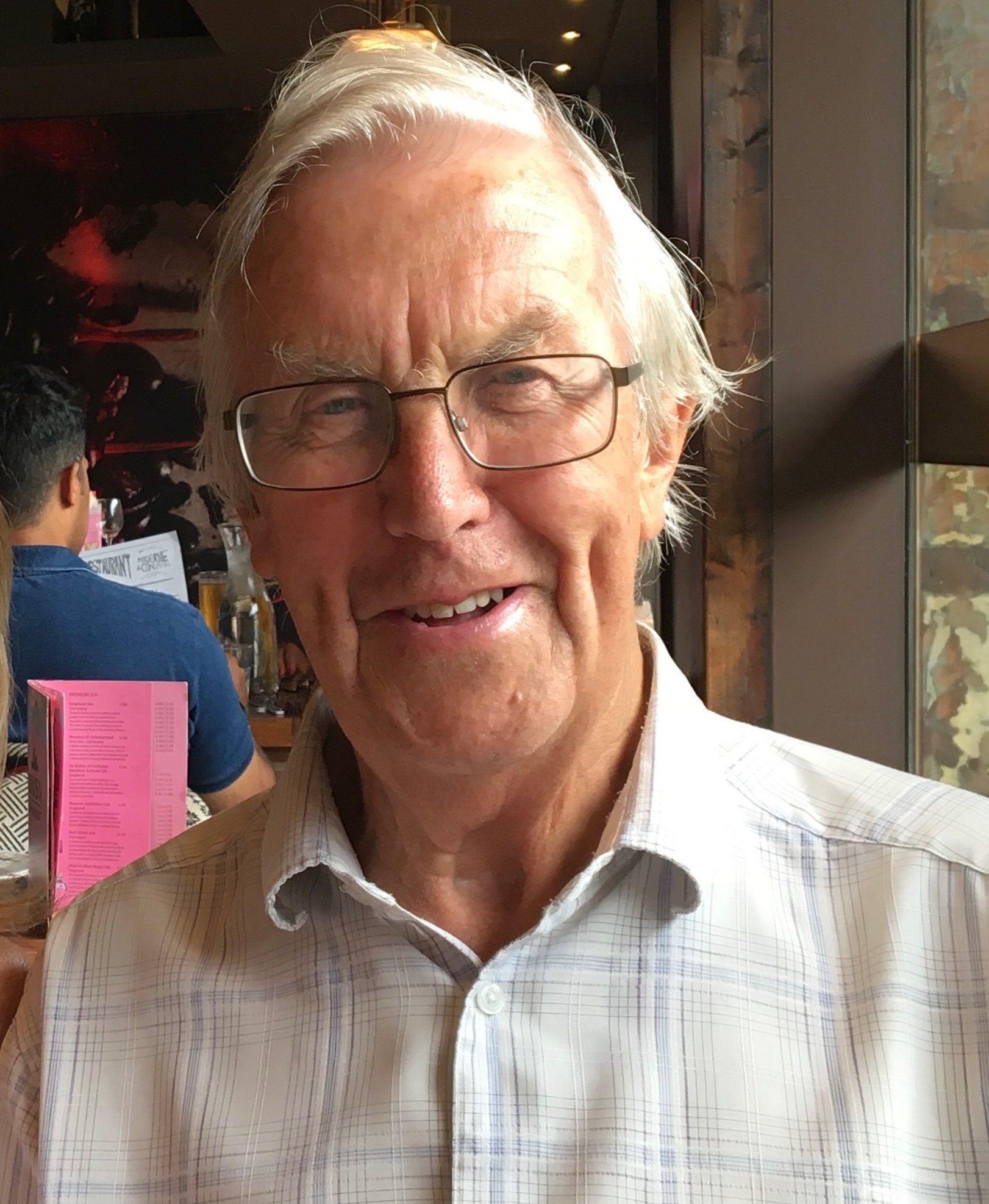Tributes have been paid to Father Peter Keeling, who served communities throughout the diocese and was the last parish priest of the “Old” St Mary’s Cathedral in Sussex Street, Middlesbrough.
Bishop Terry was principal celebrant at Father Peter’s Requiem Mass at a packed St Francis of Assisi Church, before burial in Acklam Cemetery.
Born on the town’s Grove Hill estate on March 18 1938, Father Peter served on the altar at St Joseph’s, where the curate, Father Anthony Storey, inspired him to become a priest.
He studied at Ushaw College in Durham and was ordained at St Thomas More’s Church, Middlesbrough, on June 8 1963.
From 1963, he served as curate at St Hilda’s, Whitby, until 1968 when he moved to St John’s Parish, Beverley. In 1972 he was appointed chaplain at Hull University, following his mentor Father Anthony.
During his eight years there Father Peter further progressed his correlation between the Gospel and politics and with Catholic Social Teaching.
At a Seeds of Liberation conference he met American Jesuit and peace activist Father Daniel Berrigan, who told him about Dorothy Day, founder of the Catholic Worker Movement. Benefitting from the university holiday, Father Peter spent it working with Dorothy at her House of Hospitality for the homeless in New York.
On the same trip he also did Poustinia at Combermere, the mother house of our friends in the community at Robin Hood’s Bay.
In 1980 he moved to St Joseph and St Francis Xavier Church in Richmond and from 1983 he spent a year as a “worker priest”, being warden of an ex-prisoners’ hostel in Hull where he organised a project for the distribution of furniture to needy families. He also celebrated Mass for the sisters of Rise Hall convent.
In 1984, he became parish administrator to the Old Cathedral. It was during his time there, on Ash Wednesday 1987, that he marked a Ministry of Defence building in London with a cross of blessed ashes during the annual Pax Christi anti-nuclear protest.
Father Peter was convicted of criminal damage and fined. When he refused to pay he was sent to Durham Jail for five days. He believed that his action was not criminal but that the crime, or sin, belonged to the MoD. His actions received the full support of his bishop, Augustine Harris.
Father Peter was parish priest of St Joseph’s Church, Pickering, from 1993 to 1997 when he moved to St Francis, Middlesbrough, until he retired in 2013.
During his retirement, he supplied in parishes in and around Middlesbrough, and especially at St Mary’s Cathedral, St Clare’s and St Francis.
He was a past chair of the diocesan Justice and Peace Commission and remained a member.
Father Peter always had an open house in his presbyteries and often had people in need living with him there.
When he preached, he would place his watch on the lectern and never exceed ten minutes – a time limit recently recommended for all priests by Pope Francis!
He would tell a story – a parable from everyday life – and reflect on it in the light of the Gospel. He always concluded on an uplifting note because he felt that most people had hard enough lives and came to Mass for encouragement.
Father Peter passed away in James Cook University Hospital, Middlesbrough, on November 9.
His niece, Elaine, has received many cards of condolence, of which this, from a past parishioner, is typical: “He was greatly loved by people far and wide. His great sense of justice, incredible memory, sense of humour and his ability to welcome and include everyone, particularly the marginalised and suffering, made him unique.”
In his homily at Father Peter’s funeral, Father Tom O’Neill said: “He inspired so many young people to build the kingdom of God both in this world and in the next – a kingdom of justice and a kingdom of peace.
“He was a man who was thirsty for that kingdom, and especially for all matters to do with justice, which has to be the foundation of true peace.
“Peter had compassion on the world, on the planet, on the whole human race.
“While he was in jail he spoke so highly of the prisoners there, how they looked after him while he was in prison, and of the love and the charity that was in them.
“He was a man who believed in the incarnation. There was a presence about him, something he had. And he had the something all of us have. He had the risen Christ going around in his flesh.”

Tributes paid to priest with ‘thirst for God’s kingdom’
